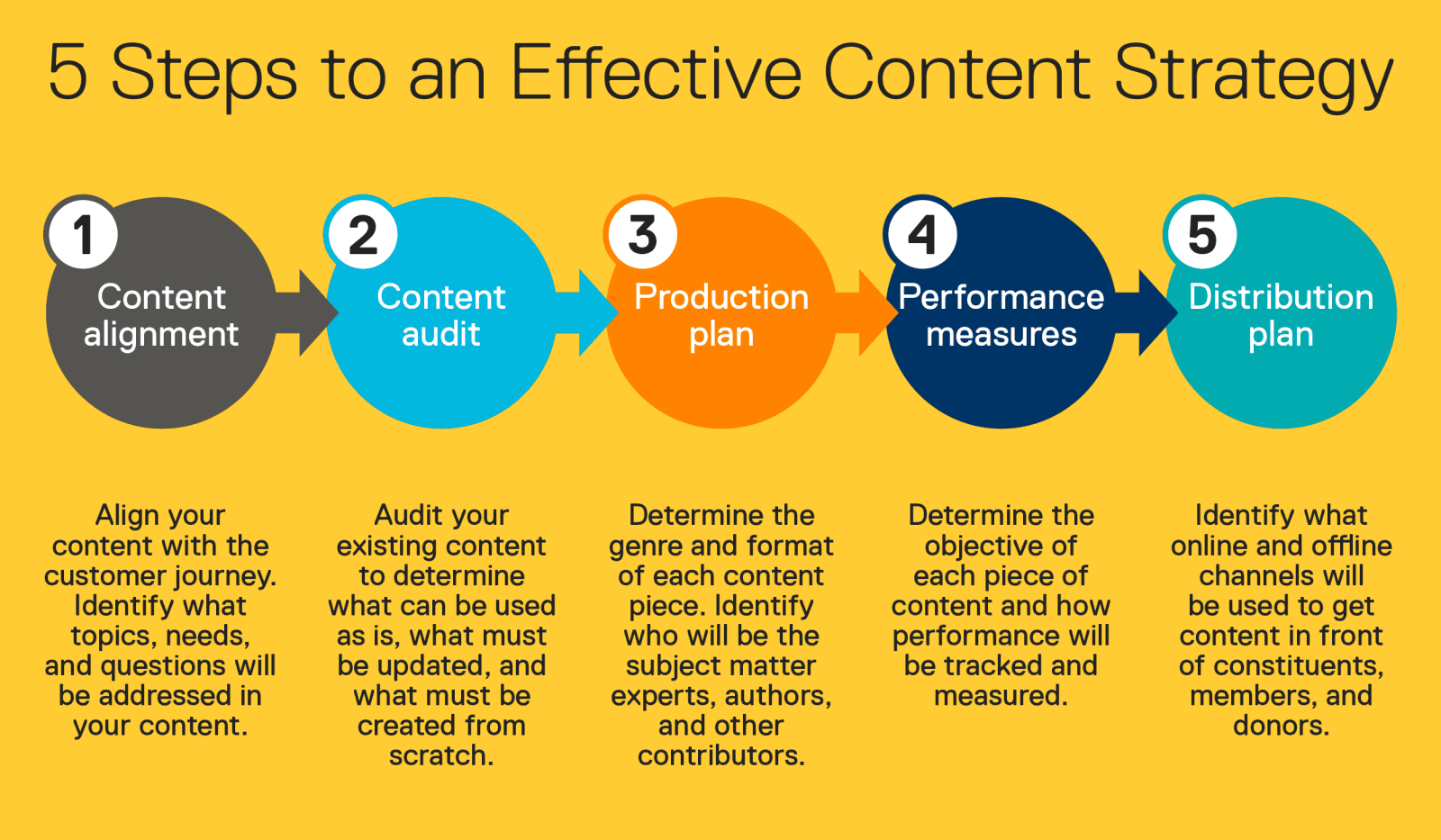
In today's digital age, content marketing has emerged as a potent tool that not only informs and engages but also drives sales. This dynamic strategy has redefined the way businesses connect with their audiences, build brand loyalty, and ultimately increase revenue. In this 500-word exploration, we delve into what content marketing is and how it can supercharge sales.
Understanding Content Marketing
Content Marketing Defined: Content marketing is a strategic approach that focuses on creating, distributing, and promoting valuable and relevant content to attract and engage a target audience. It encompasses a wide array of content types, from blog posts and social media updates to videos, podcasts, and infographics.
Key Elements: Effective content marketing combines storytelling, providing solutions to problems, and delivering valuable insights, thereby fostering a deeper connection with the audience. It's not just about pushing products but creating an environment where customers are informed, entertained, or inspired.
Content Marketing and Sales
-
Building Trust: Quality content helps businesses establish trust and credibility with their audience. When a brand consistently delivers valuable information, it becomes a go-to source for expertise, which builds trust over time. Trust, in turn, is a crucial factor influencing purchase decisions.
-
Engaging the Audience: Through content marketing, businesses can engage their audience on multiple platforms, creating a more interactive and memorable experience. Engaged customers are more likely to become loyal and, in turn, make repeat purchases.
-
Educating the Audience: Content marketing is an excellent way to educate potential customers about products and services. Informative content helps prospects understand their needs better and how a specific solution can meet those needs. This is a crucial step in the sales funnel.
-
Generating Leads: Well-crafted content can act as a magnet for leads. By offering valuable resources such as ebooks, whitepapers, or webinars, businesses can collect contact information and build a pool of potential customers.
-
Boosting SEO: Search engines love fresh, relevant content. By consistently producing high-quality content, businesses improve their visibility in search engine results. This increased online presence can significantly impact sales, as it brings more potential customers to the website.
-
Showcasing Expertise: Content marketing allows businesses to demonstrate their expertise and authority in their field. When consumers perceive a brand as an industry leader, they are more likely to choose that brand over competitors.
-
Fostering Loyalty: Content marketing is not just about attracting new customers; it's also about retaining existing ones. Regularly updated content keeps the audience engaged, turning one-time buyers into loyal, repeat customers.
Measuring Content Marketing Success
The effectiveness of content marketing in boosting sales can be measured in various ways:
-
Conversion Rates: Track the percentage of visitors who take desired actions, such as making a purchase, filling out a contact form, or signing up for a newsletter.
-
Lead Generation: Monitor the number of leads generated through content offers and the percentage of those leads that convert into customers.
-
Audience Engagement: Analyze metrics like likes, shares, comments, and time spent on content to gauge audience engagement and interest.
-
SEO Rankings: Evaluate how content marketing efforts impact search engine rankings, and monitor the organic traffic and keywords driving it.
-
Sales Funnel Progression: Track the movement of leads through the sales funnel to identify which content plays a significant role in converting prospects into customers.
-
Customer Retention: Measure customer loyalty, repeat purchase rates, and customer satisfaction through post-purchase content and communication.